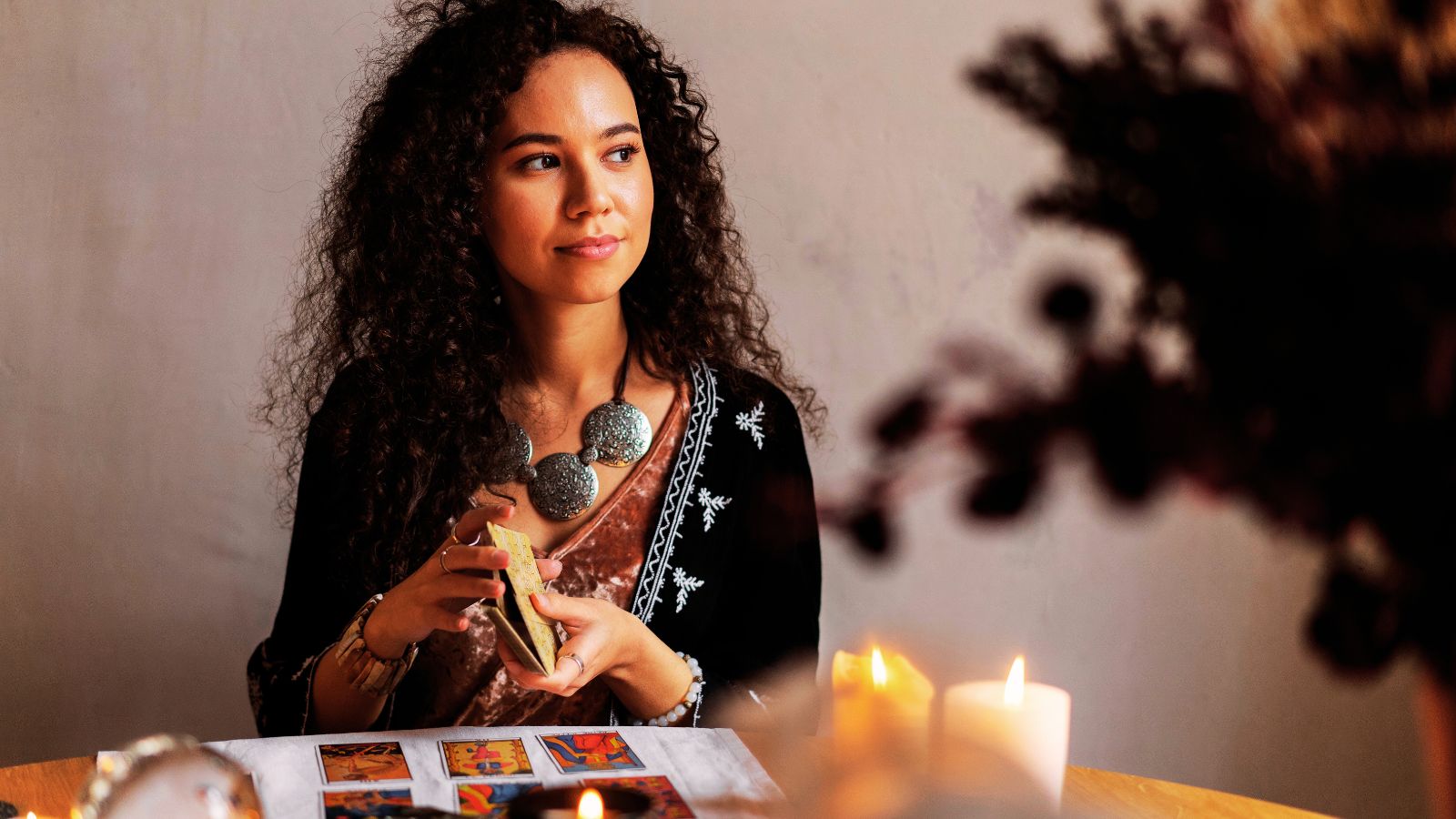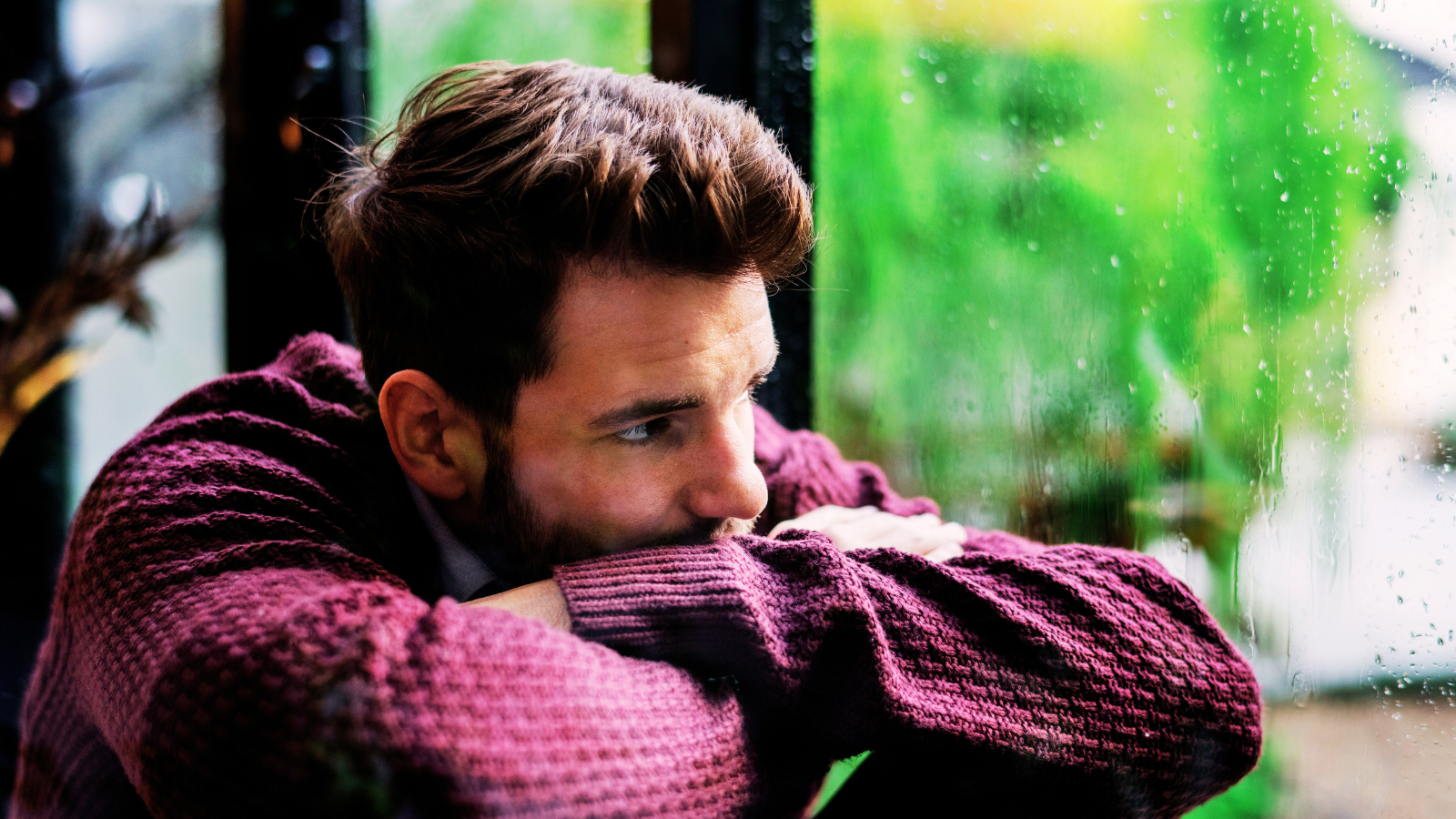
INFJ personality types and INFP personality types are often drawn to the metaphysical side of life. This is because we are highly intuitive, and able to see the “reality behind the reality.” INFJs and INFPs see how all things are interconnected in an infinite web, and from an early age we are drawn to learning about magic, the supernatural, powers of the mind, powers of the spirit, one’s life design and one’s life blueprint.
INFJs and INFPs are also drawn to this type of subject matter because intuitive personality types have a primarily right-brained approach to life, although we live in a society that is heavily skewed toward a left-brained approach to life. Our culture places a high value on logic, linear thinking, facts, concrete reality, and information that can be gleaned through the five senses. INFJ personality types and INFP personality types can decently navigate left-brained activities and learning strategies, but we also need to engage in right-brained activities in order to thrive.



